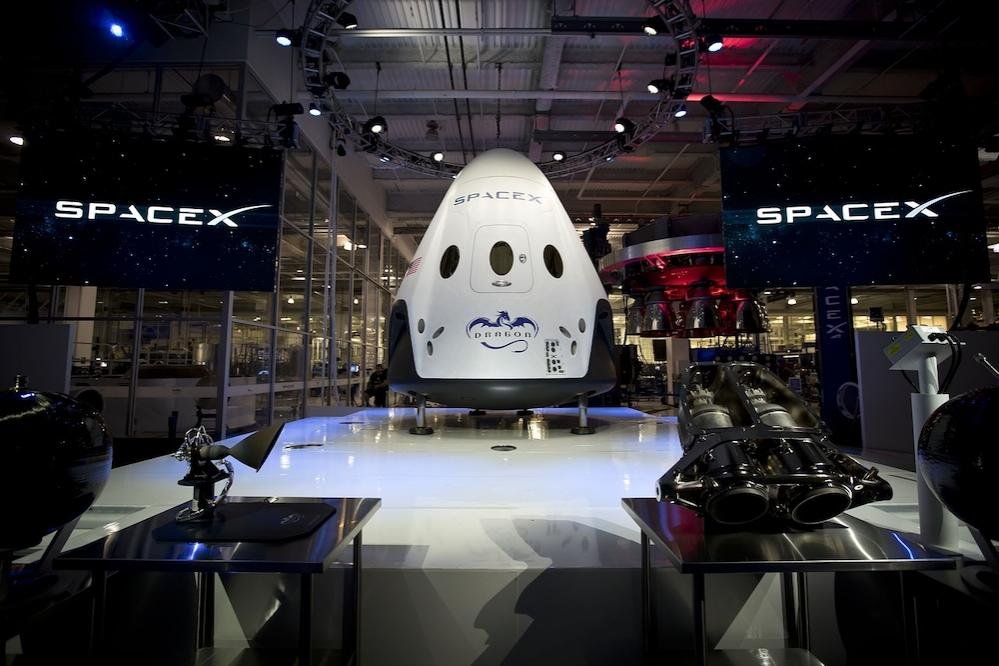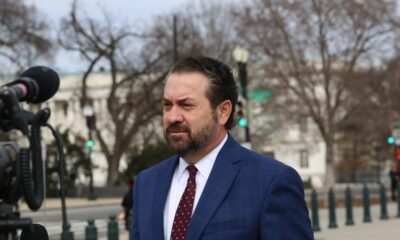Business
SpaceX Ruling Threatens to Undermine U.S. Labor Regulations

A federal judge in Texas has cast new doubts on the National Labor Relations Board’s (NLRB) capability to oversee labor disputes. On Tuesday, U.S. District Judge Alan Albright ruled in favor of Elon Musk’s SpaceX, agreeing that the agency’s board members and administrative law judges might be serving unconstitutionally.
SpaceX currently confronts multiple labor complaints, including at least two with the NLRB. This situation aligns with a broader conservative effort to limit federal regulatory agencies’ power. Companies such as Amazon and Starbucks have also filed similar legal challenges against the NLRB’s authority.
One notable complaint against SpaceX, filed in 2022, involves an anonymous worker claiming the company’s severance contracts violate labor laws. These contracts include a non-disparagement clause, preventing ex-employees from making negative statements about the company, and another clause prohibiting their participation in litigation or complaints against SpaceX without a subpoena or court order.
The NLRB initially supported the worker’s claims, determining these clauses violated employee rights under the 1935 National Labor Relations Act. In March, the agency issued a complaint and notice of hearing against SpaceX.
In response, SpaceX filed suit against the NLRB and several top officials in April in the U.S. District Court for the Western District of Texas. SpaceX argued the NLRB’s board members and administrative law judges, being nonpolitical appointees, are unconstitutionally insulated from the president’s oversight, making the board’s actions unlawful.
Judge Albright agreed with SpaceX, finding the company’s claims likely to succeed, and issued an injunction to block the NLRB hearing. Albright noted the public interest in providing employees a mechanism to uphold their NLRA rights but concluded Congress had overstepped in limiting the president’s power to remove and control executive officers.
Albright emphasized that preventing Congress from using unconstitutional methods doesn’t block them from achieving their goals through legitimate means. However, the ruling complicates workers’ ability to file regulatory complaints against employers. The NLRB has already paused enforcement actions against SpaceX following Albright’s preliminary indications.
This decision follows another significant legal shift wherein the Supreme Court overturned the longstanding Chevron doctrine, which required judicial deference to agency interpretations of ambiguous laws. The case, Loper Bright Enterprises v. Raimondo, featured prominent conservative support and faced liberal dissent, with warnings that it would weaken federal protections for consumers, workers, and the environment.
Earthjustice’s Sam Sankar remarked on the shift, suggesting conservative judges would now find it easier to strike down regulations. Project 2025, a policy guide for future Republican administrations, proposes reclassifying many federal workers as political appointees, potentially increasing presidential control over regulatory actions.
These proposals align with SpaceX’s argument about the accountability of federal civil servants to the president. The lawsuit, akin to Loper Bright, challenges federal regulators’ authority.
Morgan Lewis, representing SpaceX, promotes its regulatory navigation expertise post-Chevron but declined comment on this case. Critics have accused SpaceX of forum-shopping by selecting a court with a favorable predisposition. Judge Albright, who has faced previous criticisms for attracting specific cases, handled this latest legal controversy.


















